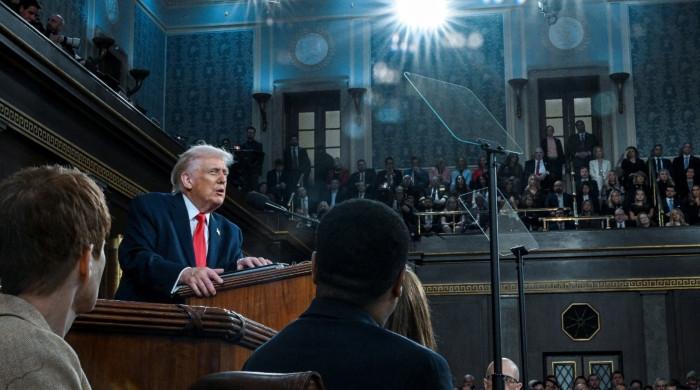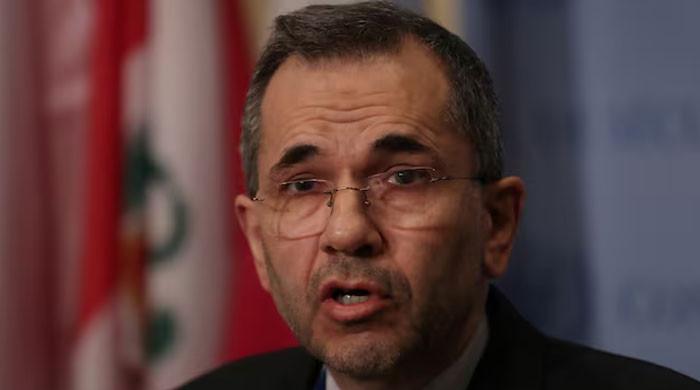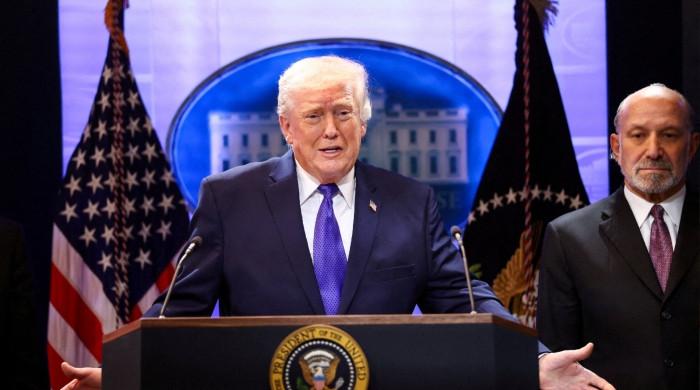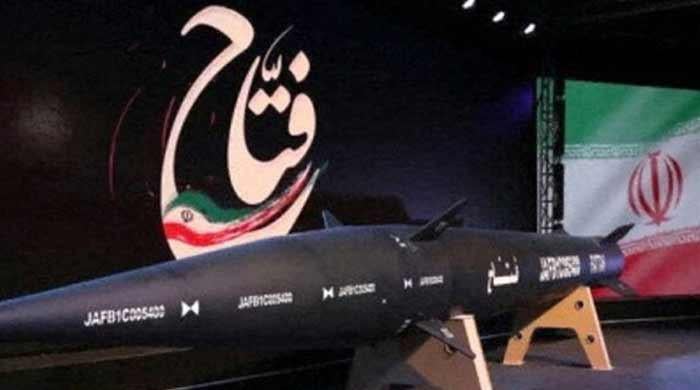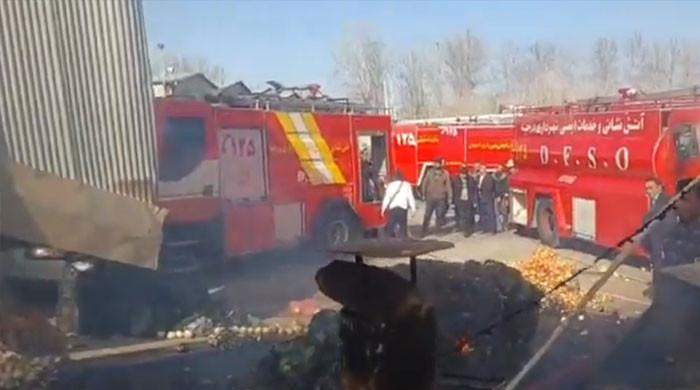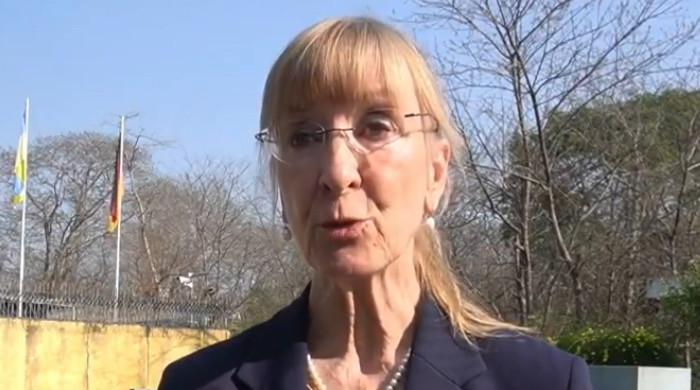Article 370: Why it matters for Kashmiris?
Indian top court validates Modi govt's decision to abrogate semi-autonomous status of disputed territory
December 11, 2023
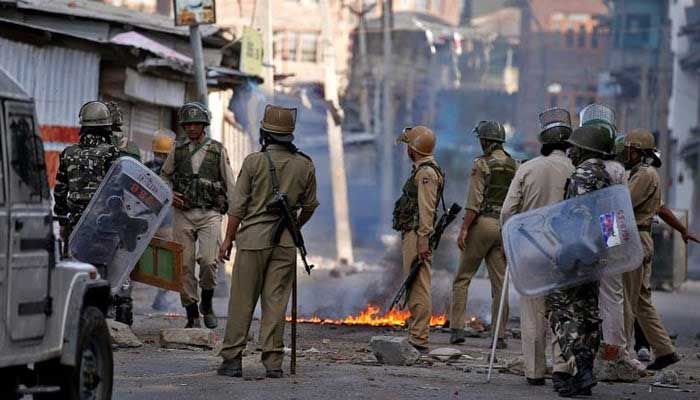
The Indian Supreme Court has upheld the Prime Minister Narendra Modi-led government’s controversial decision to abrogate Article 370 that ensured the semi-autonomous status of Indian Illegally Occupied Jammu and Kashmir (IIOJK) — an internationally recognised disputed territory.
A five-judge bench led by Chief Justice of India (CJI) Dhananjaya Yeshwant Chandrachud ruled the IIOJK became an integral part of India "which is evident from Article 1 and 370 of the constitution".
The unanimous order came in response to more than a dozen petitions challenging the 2019 revocation and a subsequent decision of the Modi government to split the region into two federally administered territories.
The top court also upheld the Indian government's decision to abrogate the disputed region's semi-autonomous status, stating that the IIOJK "does not have internal sovereignty".
The Indian Supreme Court also directed the country's election commission to conduct elections in the region by September 2024.
What’s Article 370 and why it matters for Kashmiris?
By repealing Article 370 of the constitution, people from the rest of India were given the right to acquire property in the disputed territory and settle there permanently.
Article 370 was the basis of Jammu and Kashmir’s accession to the Indian Union at a time when erstwhile princely states had the choice to join either India or Pakistan after their independence from British rule in 1947, according to Al Jazeera.
The article, which came into effect in 1949, exempts Jammu and Kashmir state from the Indian constitution.
It allows the IIOJK to make its own laws in all matters except finance, defence, foreign affairs and communications.
It established a separate constitution and a separate flag and denied property rights in the region to outsiders.
That means the residents of the state live under different laws from the rest of the country in matters such as property ownership and citizenship.
What is Article 35A?
Article 35A was introduced through a presidential order in 1954 to continue the old provisions of the territory regulations under Article 370 of the Indian constitution.
The article permits the local legislature in IIOJK to define permanent residents of the region.
It forbids outsiders from permanently settling, buying land, holding local government jobs or winning education scholarships in the region.
The article, referred to as the Permanent Residents Law, also bars female residents of the Muslim-majority occupied region from property rights in the event that they marry a person from outside the state. The provision also extends to such women’s children.




